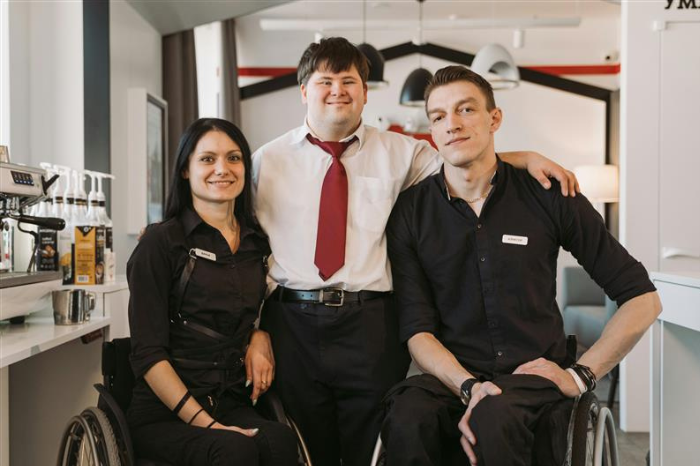
What are your ‘go-to’ tools, processes, and supports – or tips and tricks for success – that you can’t live without?
MP – NDIS price guide; supervision; an appropriate database for accurate record keeping.
VS – Being organised is most important. A spreadsheet with client names, DOB, plan dates, NDIS number, dates of reports due.
AT – Ccommunication and documenting everything (including phone calls and emails). In terms of support, I don’t necessarily have it as I work for myself, however I do have friends who work in the industry that are willing to listen to me vent. I never disclose a person’s information, just situations that I struggle with at times, such as service providers and the NDIA itself.
SG – An eexcellent budget tool. Great networks built with plan managers and providers. Attending monthly network meetings. KPIs for my team.
Promote great support, use social media, and have fun
EH – Document everything – have great note taking processes. If you don’t know what to do, there are courses out there for defensible documentation.
Privacy – know what you need to do and how to keep peoples’ information private, and have clear records of consent for sharing information and talking to others.
Do ongoing personal development – training, networking, reading and information sessions are important to keep up to date. However, also keep a record of everything you do, be that in a spreadsheet or other method.
Develop your processes:
HR – Write your case notes like they are going to be read in the Coroner’s Court. They need to be complete and objective so that you wouldn’t sound like an idiot if they had to read them out in court, because one day they might.
Not everything has to be addressed straight away. Sometimes we all need a day or two to sit on emails or phone calls to ensure we are calm and know exactly what needs to be said.
Support coordination is not a crisis service. It is important that, hopefully, we have capacity built the participant enough that they can call the appropriate services or that when they do call us, we know where to direct them.
I have a document that has the line items and prices from the Pricing Arrangements and Price Limits document – the lines I am asked about most frequently – so that I don’t constantly have to go through a 100-page document looking for the thing I need.
I have a printed copy of the Pricing Arrangements and Price Limits document in a folder that I always have in my bag. That way, if someone asks about something they heard about, you can go straight to the source. Having it printed helps a lot of people as they often struggle with computers.
Create separate social media profiles for work if you are going to use social media for work. You don’t want your personal stuff on your work social media profiles. Then, only look at your work social media profiles during work time.
Get to know service providers of all kinds in the industry because you never know what a participant is going to ask you about next.
Every single participant is different and how you do support coordination will be different for each participant.
Know your limitations. You don’t have to know everything or be good at everything, but you need to know what you don’t know.
Chocolate is a legitimate lifeline!
SH – LISTEN, LISTEN and LISTEN…and, the NDIS website (is a go-to tool).
ZD – Again, good communication with people is my main tool. Also, my social work values of respect for all persons, social justice, and professional integrity, are also at the base of all my support coordination work.
SC – Get to know the environment that your participants are in – phone and map.


